About ISIF Asia
The Information Society Innovation Fund (ISIF Asia) is the Foundation’s main grants and awards fund. Each year, it provides funding across the Foundation’s three key program areas of Infrastructure, Inclusion and Knowledge. Successful applicants are chosen after an open call for proposals by members of a selection committee using selection criteria developed to support the Foundation’s vision of a global, open, stable and secure Internet that is affordable and accessible to the entire Asia Pacific community.
Founded in 2008 before the start of the Foundation, ISIF Asia has sponsored and nurtured entrepreneurs, researchers, community leaders and innovative thinkers that have made important contributions to the Internet’s development in the Asia Pacific.
Working with a range of donors and partners, ISIF Asia has built a unique community that is playing a key role in the ongoing development of the Internet in the Asia Pacific.
As of January 2025, ISIF Asia has supported 166 grants and 43 awards allocating over USD 10.1 million across 32 economies.
Initiatives supported can range from large-scale collaborations across multiple organizations and economies in the region, to local solutions. ISIF Asia has supported project partner organizations based in Australia, Bangladesh, Bhutan, Cambodia, China, Fiji, Hong Kong, India, Indonesia, Japan, Lao PDR, Malaysia, Federated States of Micronesia, Mongolia, Myanmar, Nepal, New Zealand, Niue, Pakistan, Palau, Papua New Guinea, Philippines, Republic of Korea, Samoa, Singapore, Solomon Islands, Sri Lanka, Thailand, Timor Leste, Tonga, Vanuatu and Vietnam.
ISIF Asia’s investment focus is mainly technical and operational – supporting research and development projects across a wide range of technical topics – while also supporting initiatives increasing participation and representation through a gender equality and social inclusion lens, as well as dedicating funding to build capacity and strengthening the organizations supported.
Some examples of the many supported innovations include: strengthening border gateway protocols for research and education networks; developing AI tools for cybersecurity; implementing accessibility standards for visually impaired Internet users; and exploring new technologies to deploy connectivity solutions to remote communities through a range of technologies including satellites, long distance wireless, microwaves; or bamboo towers and helium balloons.
If you or your organization are interested in exploring funding partnerships to strengthen ISIF Asia offerings, please get in touch.
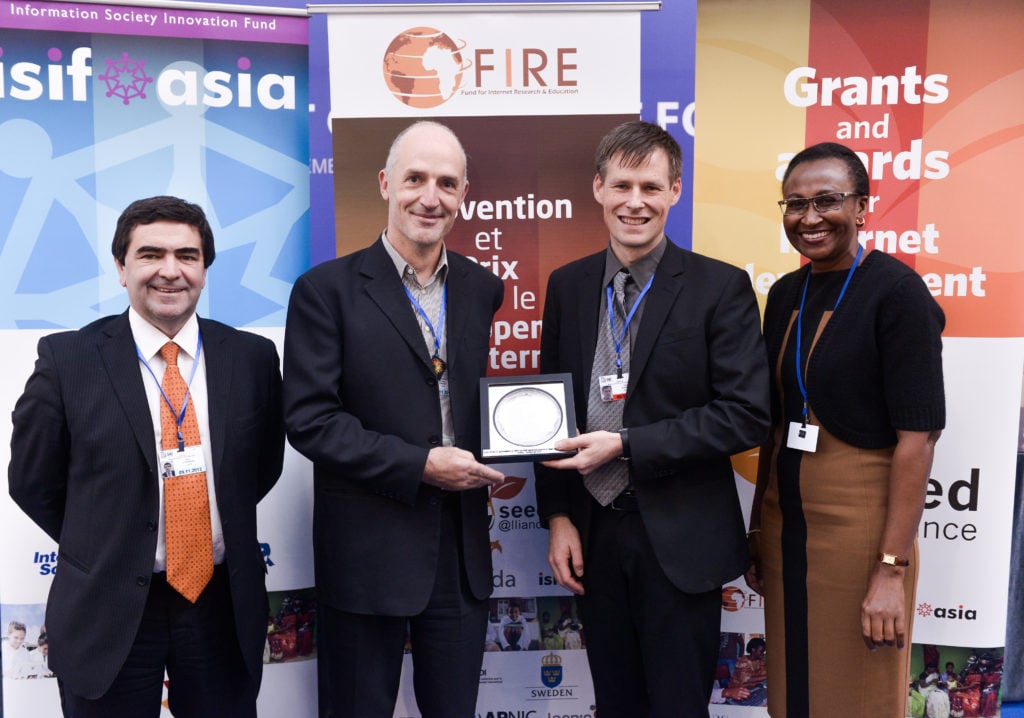
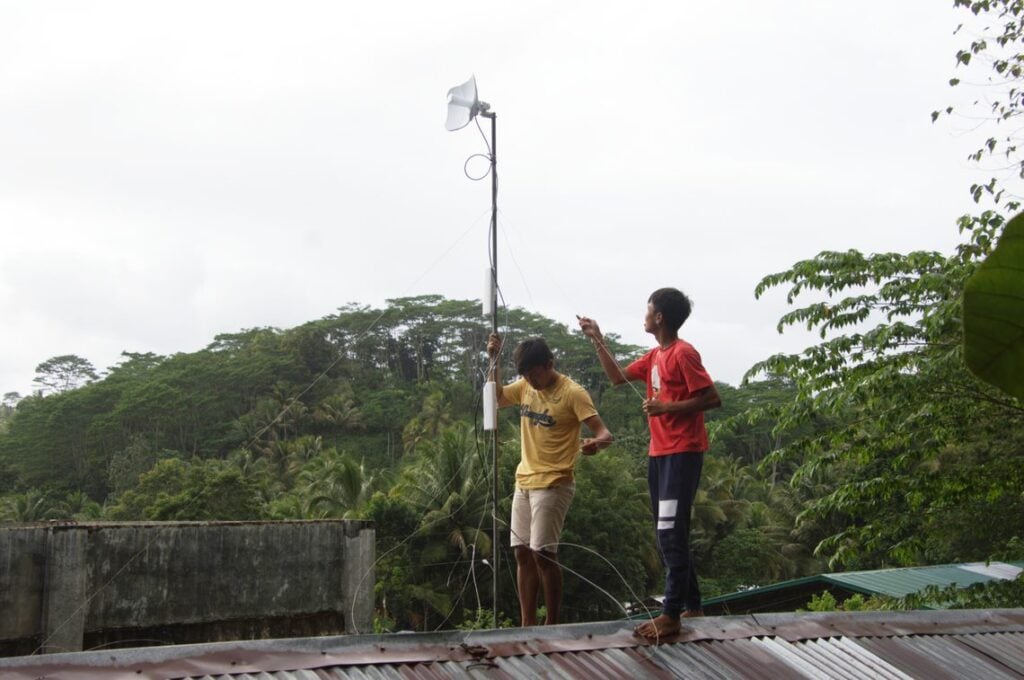
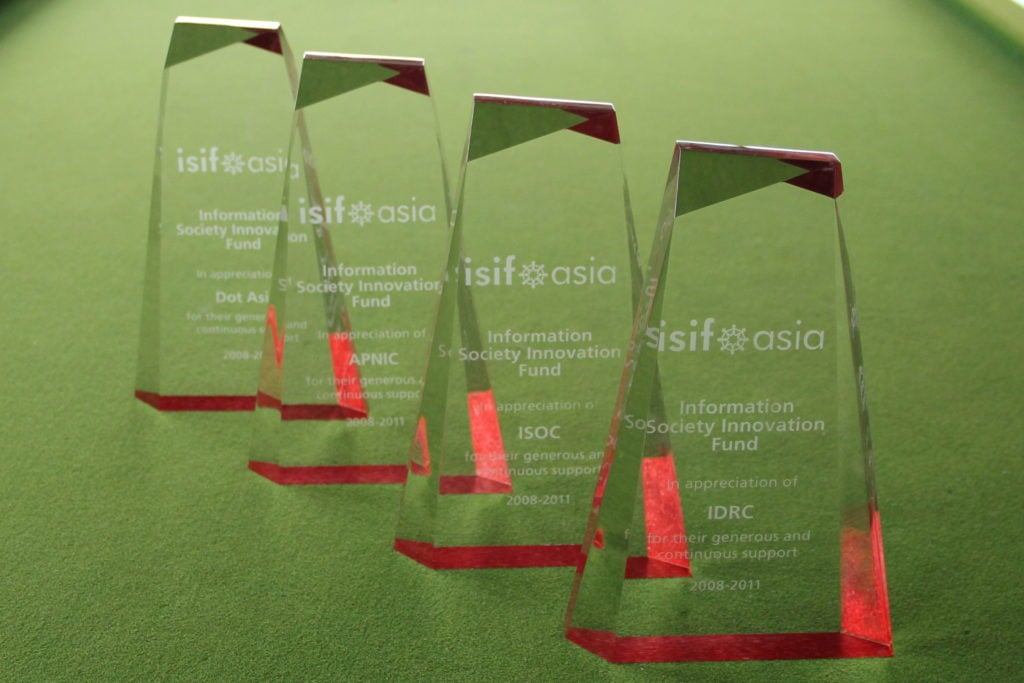
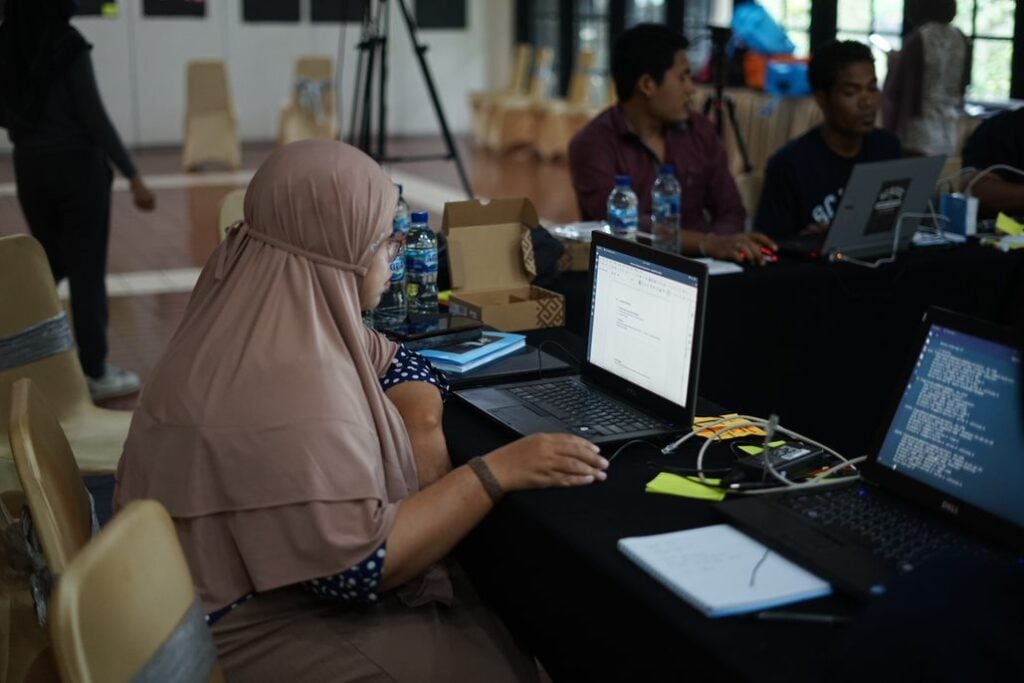
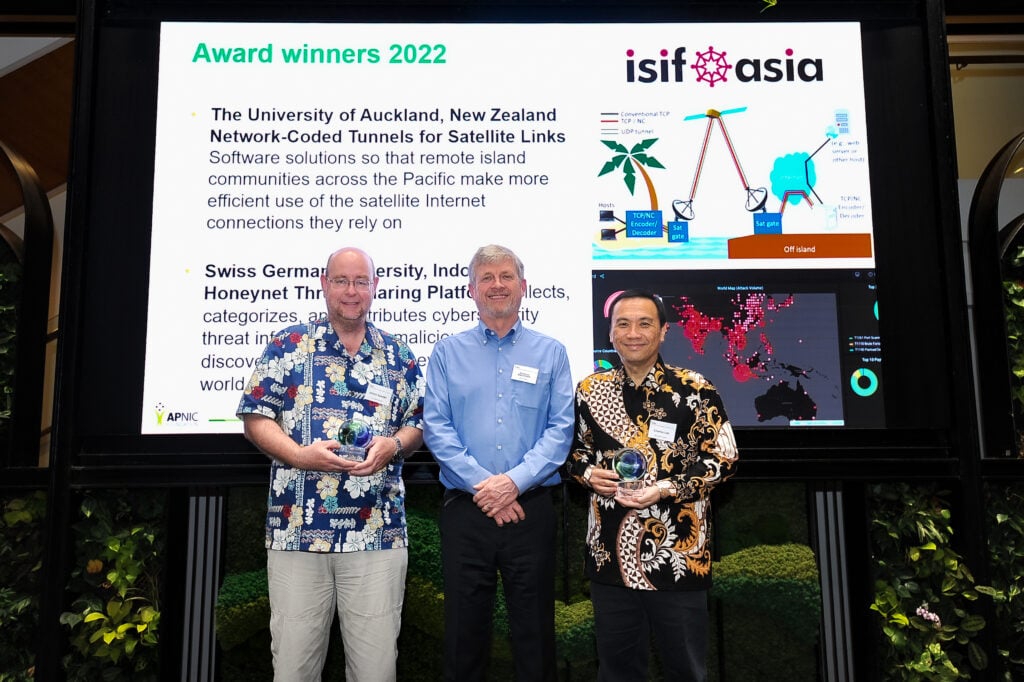
The beginnings of ISIF Asia
ISIF Asia was officially launched in 2008, as a partnership between APNIC, the Internet Society and the International Development Research Centre (IDRC). Over the years, a number of other funding partners have supported the program.
The International Development Research Centre (IDRC) PAN Asia Networking initiative supported small grants programs since 1997 under different program structures. The first phase was from 1997-2001 when the IDRC PAN (Pan Asia Networking) Research and Development Grants program was established as a competitive grants scheme for ICT R&D activities in the developing economies of the Asia-Pacific region. It supported 25 projects with CAD 1.5 million in funding.
A second phase was launched in 2001 as the “ICT R&D Grants Programme for Asia and the Pacific,” as a funding partnership with the Asia Pacific Development Information Program (APDIP), APNIC and the Asian Media Information and Communication Centre (AMIC). Later, AMIC served as the program administrator under separate IDRC funding along with APNIC, the Internet Society and Microsoft. This phase ended in 2005 and through its lifecycle received a total of 642 project proposals from over 30 Asia Pacific economies and awarded 56 grants. A Learning Forum for past grant recipients was organized to close the program, and the input gathered provided feedback for the establishment of ISIF Asia and it’s future development as well as a base for evaluation.
ISIF Asia was launched then, as the third phase of the small grants support that IDRC stated. ISIF Asia was launched in 2008 under a new funding partnership between IDRC, ISOC, and APNIC, with additional support from the DotAsia organization. An external evaluation was commissioned by IDRC in late 2014. IDRC provided funding support to ISIF Asia until 2019.
In October 2012, the Swedish International Development Agency (Sida) joined ISIF Asia and provided funding until 2017.
APNIC continued to contribute financially to the program and supported its operational expenses until 2021. It continues to be a strong partner and supporter.
The Seed Alliance partnership
The Seed Alliance was a collaborative partnership between the funding programs of three Regional Internet Registries -AFRINIC (FIRE Africa), LACNIC (FRIDA) and ISIF Asia – and various funding partners and sponsors. It operated between 2012 and 2017 and supported 185 projects in 61 economies in the global south. The Seed Alliance offered grants and awards; mentoring and coaching; as well as networking opportunities. It allocated around USD 5.1 million in funding throughout Africa, Asia Pacific, and Latin America.
The contributions from IDRC, Sida and the Internet Society supported innovation in Internet development across the global south according to regional priorities.
The archived website includes a series of interactive diagrams to explain the Results Assessment Framework and Score Cards that were developed for each project to assess their performance against the evaluation criteria.
ISIF Asia today
The Asia Pacific Internet Development Trust (APIDT) became the main funder of ISIF Asia in 2021. This change enabled considerable growth in the number and type of grants managed, including additional funds to support IPv6 Deployment as well as a special area of focus on the relationship between Internet and the Environment, in honour of Internet visionary and environmentalist Ian Peter.


